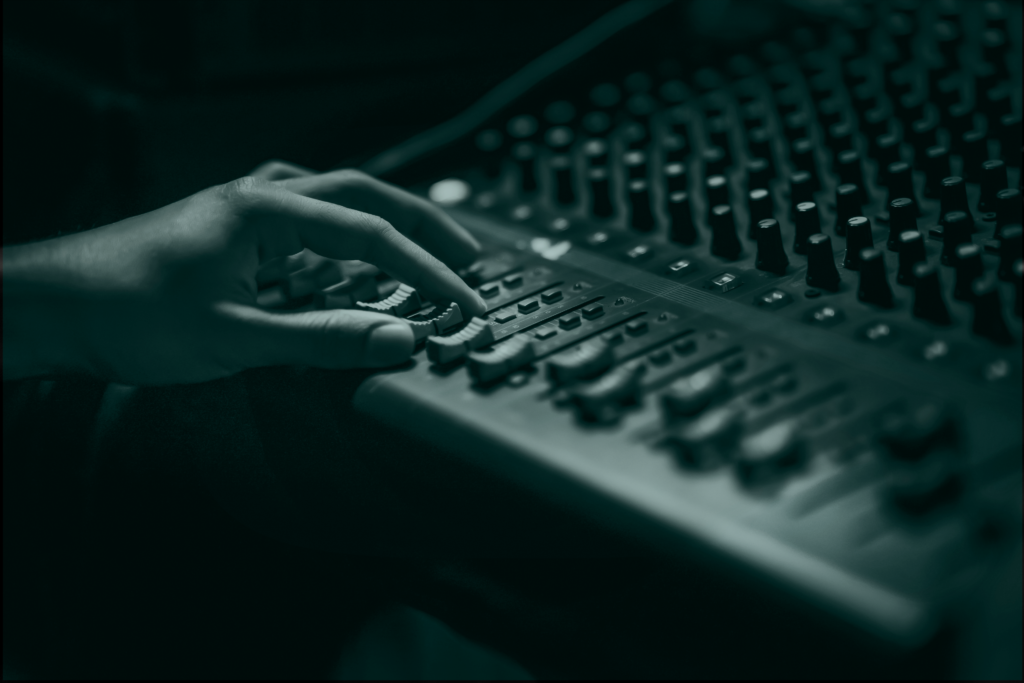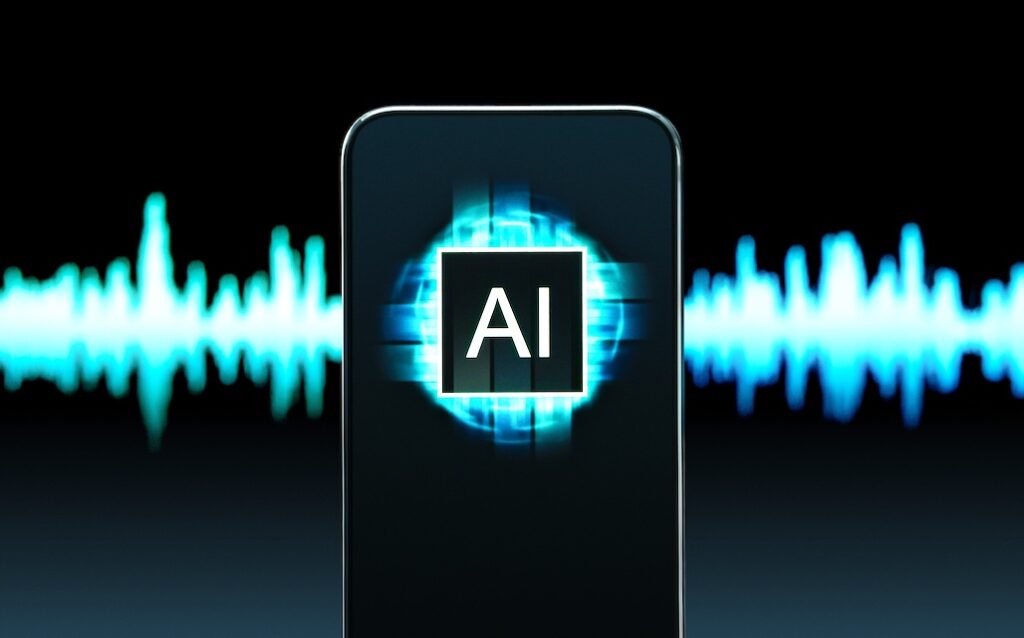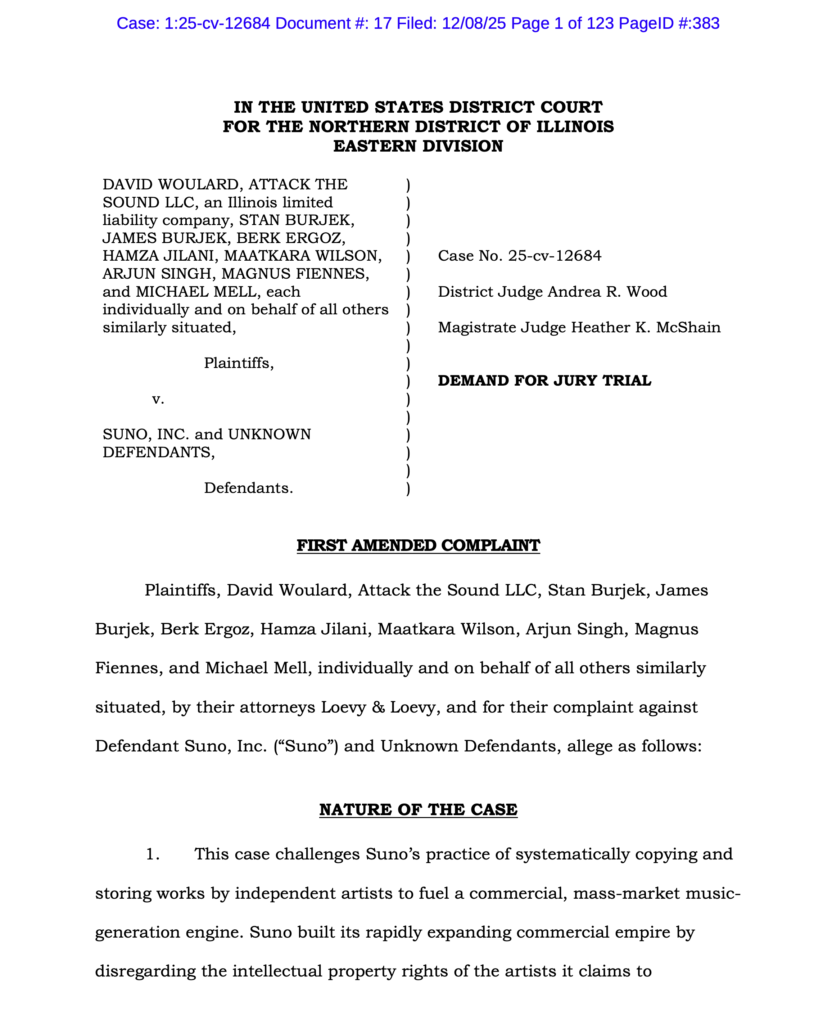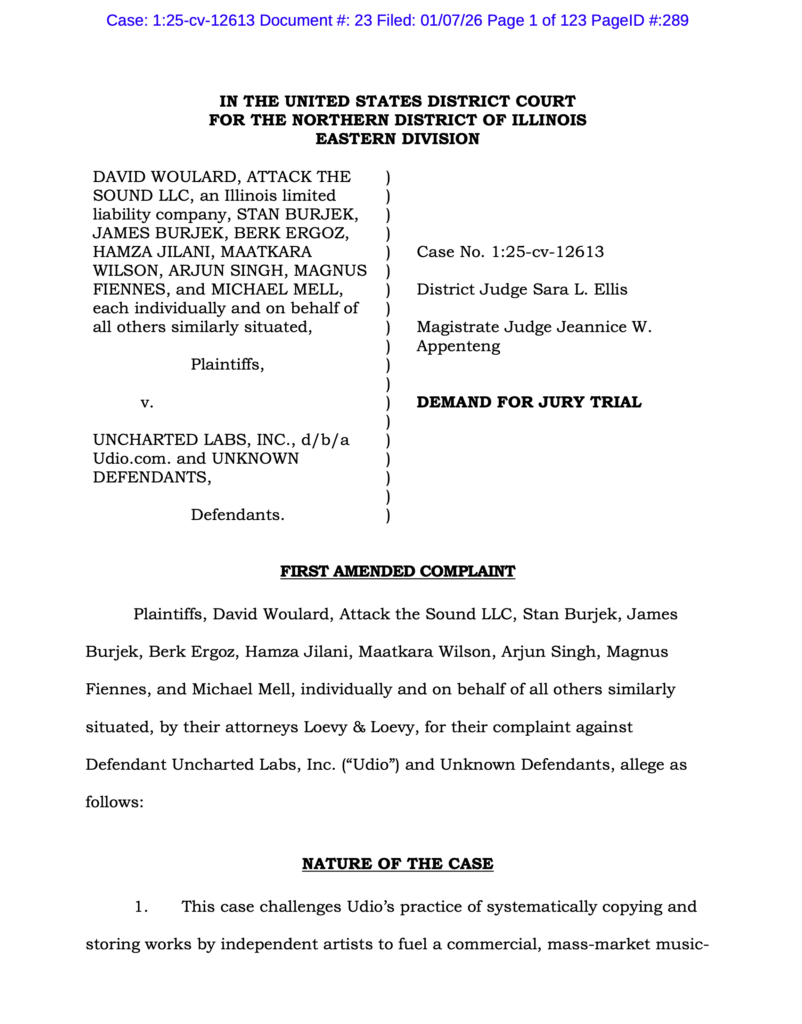Home » Class Actions » Class Action – Artificial Intelligence » Music AI Class Action
Music AI
Major record labels have already sued several AI companies, but those cases protect only the megastars. The backbone of the music industry, independent artists, vocalists, smaller publishers, and working session players, remain unprotected.
Suno, Udio, Mureka, and others are racing to dominate “instant-song” AI. Their demos wow investors by spitting out radio-ready tracks in seconds. Yet leaked developer chats and expert waveform analyses point to a simple truth: these tools are built on wholesale theft. Entire sound recordings, vocal stems, and lyric sheets have been scraped from the internet, ingested without permission, and baked into the model’s DNA. The result? AI outputs that echo unmistakable vocal timbres, signature chord changes, and even verbatim lyric hooks.
This is the pivotal moment. If independent voices stay silent, AI companies will lock in a business model that treats creative work as free fuel. If we act now, together, we can force them to license, pay, and respect the artists who make music worth hearing.
We represent clients on contingency, meaning that you don’t pay us unless we recover money for you. Please answer a few short questions below to help us determine if we can help you. There is no charge for our review of your answers. One of our attorneys or paralegals will be in touch with you shortly if we think we can help.
At a Glance
Who is affected?
Independent songwriters, session musicians, producers, vocalists, boutique labels, heirs, and any other rightsholders whose recordings or lyrics may have been copied into Suno’s, Udio’s, Mureka’s, or other AI companies’ training data without permission.
What it’s about
Loevy + Loevy has filed class-actions lawsuits alleging that Suno, Udio, and Mureka (among others) train their systems on massive libraries of copyrighted songs, stealing full tracks, vocal stems, and lyric sheets, then using that material to crank out “new” music that competes directly with the originals. Our suits seek monetary relief for every infringed work and an injunction requiring the companies to license or delete protected content.
Current stage
In October 2025, lawsuits were filed against the AI Music companies Suno and Udio. In December 2025, a lawsuit was filed against Kunlun Tech and Skywork AI, owners of the mureka.ai service.
Your rights
If your music or lyrics were copied, you could claim statutory damages (up to $150,000 per work), lost royalties, and an order forcing the companies to purge infringing files.
Cost
Nothing up front. We advance every expense and collect a fee only if we win.
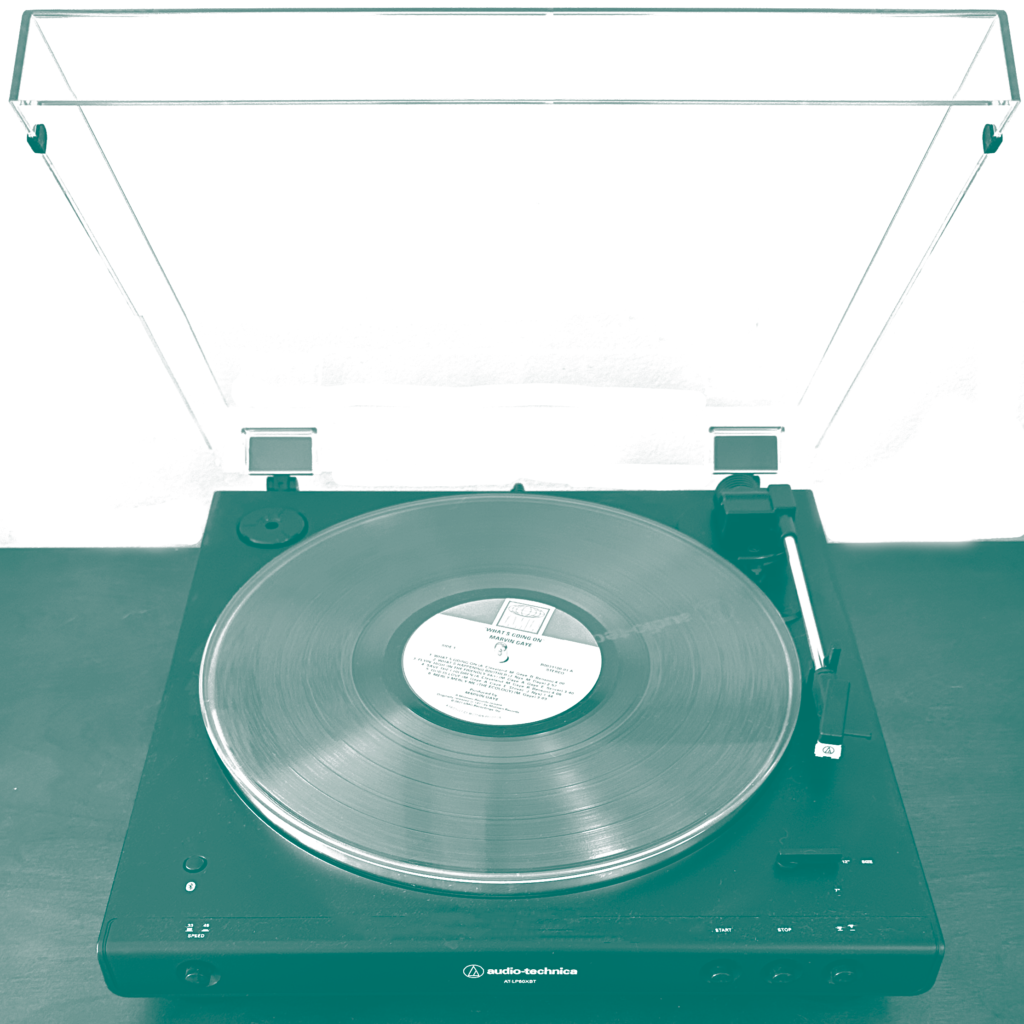
How you can protect your music
If your songs live anywhere on the internet—Spotify, Apple Music, YouTube, Bandcamp, SoundCloud, TikTok, even your own website—assume they were scraped into the data vaults that power Music AI companies. You don’t need to sift through AI samples to prove it: the simple fact that your work is publicly available puts it at risk.
Use the secure form below to reach out to us in private. One of our attorneys or paralegals will be in touch shortly if we think we can help. Everything stays confidential. There is no fee unless we win money or court-ordered relief.
Submission Form
Latest News on Music AI Class Actions
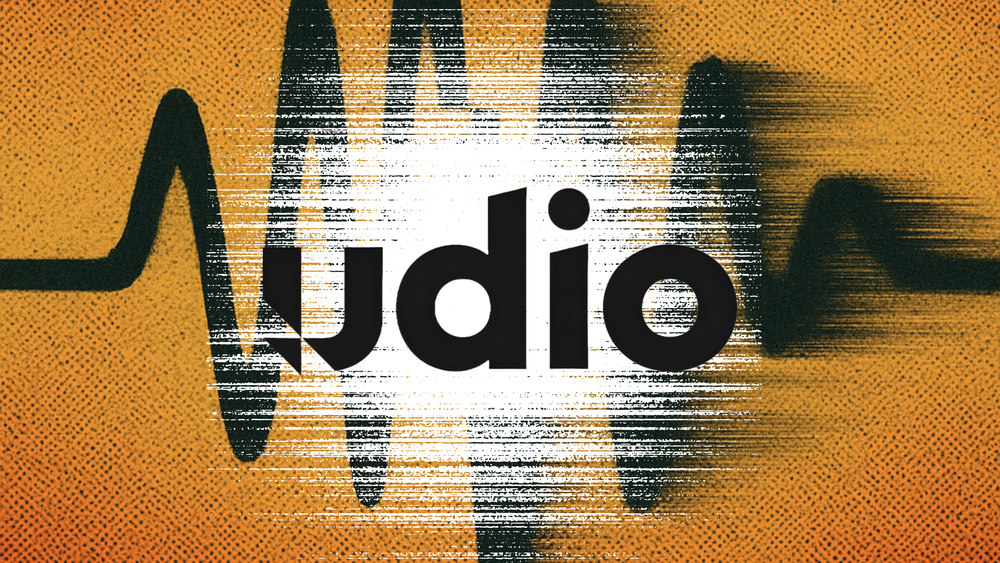
Key Pleadings
Why Join a Class Action?
Joining a class action means shared costs, greater leverage, and a real chance to hold wrongdoers accountable—all without taking on the fight alone. And you pay nothing unless we win.i

FAQs
Will joining hurt my label or publishing deal?
Enforcing your copyright is a normal business right. Labels and publishers usually support these cases, especially when unlicensed AI competes with their own releases.
Do I have to be famous?
No. Copyright protects every creator, famous or unknown. If your work was copied, you have a claim.
Can I stay anonymous?
Only lead plaintiffs are named. Most class members stay confidential.
How much could I receive?
Federal law allows up to $150,000 per infringed work, plus any profits the AI company made from your music. The exact amount depends on whether you registered your work with the U.S. Copyright Office, court rulings, and settlement terms.
What will it cost me to join?
Nothing up front. Loevy + Loevy advances every expense and collects a fee only if we win money or court-ordered relief for the class.
What proofs should I keep?
Save anything that shows you own the music, including master files, stems, copyright registrations, PRO statements, or release links. If you have AI tracks that sound like your work, keep those files too. The more records you keep, the stronger your claim.
